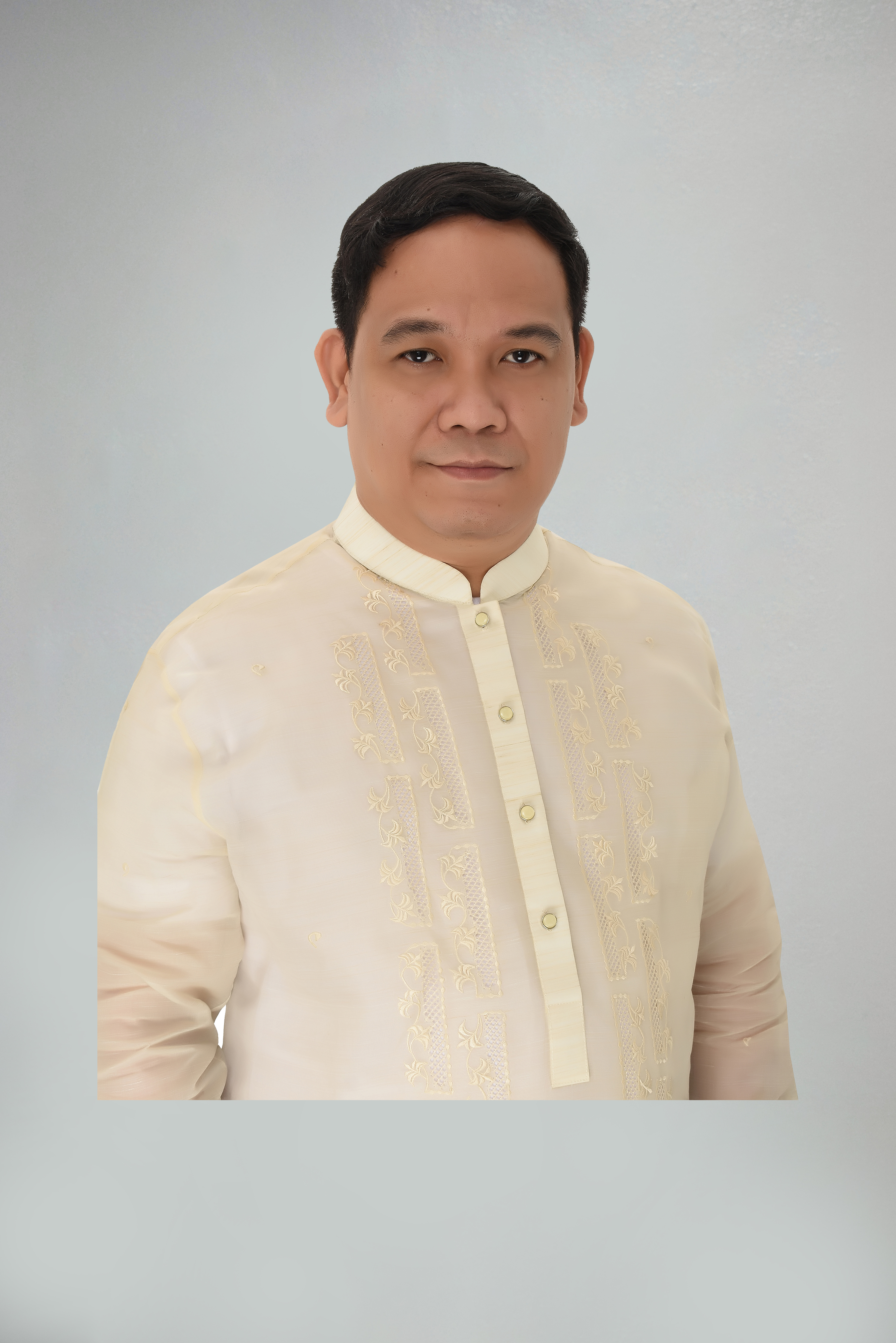 The benefits of studying law as an accountant
The benefits of studying law as an accountant

By Emmanuel C. Dumayas
WITH a 72.28-percent passing rate, results of the latest bar exams made it the "Best Bar Ever" but also
the "Biggest Bar Ever" in Philippine history. My warmest congratulations to all those who passed, which
included a lot of my friends in law school. The blood, sweat and tears you poured out for your dreams
finally came to fruition. This batch is an inspiration to me and future bar-takers as we know it was
ery brave and challenging to take the exams during the pandemic.
I am often asked if the study of law complements the accounting profession, usually after the person asking
learns that I recently graduated from law school. My response is that the fit is undeniable. Not only does
the study of law supplant and expand an accountant's technical competence — the most obvious benefit — but
more so in that certain skills, behaviors and traits ordinarily hard to acquire in the accounting practice
are developed.
Take for instance the underrated but essential skill called composure. This is possessed by a few, and the
most experienced accountants, usually those who have gone through a lot of ordeals: challenging clients,
government agencies, peers and staff, to name a few. The accumulated experience has made them tougher and
more confident, which is why one usually sees these accountants as more composed regardless of the condition
or circumstance.
Law students learn the essence of composure from day one of law school. Majority of the law professors I know
use what is called the Socratic Method of teaching. This age-old method was designed not only to test one's
knowledge and give a sensible answer but also make the student become a deep thinker and stay collected in
any situation.
The experience, where one has to deal with a series of questions (a single student recitation can last an hour
or two), is daunting and also petrifying at times. Over the course of a student's law schooling, one usually
adapts and prepares more for these recitations. The fastest way to increase confidence is through more
knowledge but given the volume of readings required, a law student also soon appreciates the value of time.
Ready or not, one usually gets used to the Socratic Method of teaching. The composure developed during those
endless hours (or years) or recitation has helped me, as an accountant, hurdle and understand difficult
clients, improved my perception and appreciation of regulatory agencies' rules and regulations, and become
more patient and considerate with the members of our firm and everybody else. So if you want to fast-track
developing your composure, take up law.
More often than not, meanwhile, accountants tend to be flowery in conversation and writing. This usually stems
from wanting to provide more details and comforting ourselves that the listener really understands what we
are trying to convey. In short, we think that we are understood better the more information (even off-topic)
we give.
In law school, however, one is trained to become more responsive to questions. Law students are taught to
answer straight to the point (usually by a yes or a no), provide the legal basis and explain how such applies
to the question or circumstance on hand before giving a conclusion (the answer-legal basis-application-conclusion
or ALAC method).
I find this convenient, especially in answering client and regulatory agencies' inquiries, as this method
focuses on what the question really demands and isolates the real issues. It filters out the nonessential,
provides for brief but comprehensive and relevant answers, and avoids the usual circuitous email threads or
lengthy explanations during meetings. This method not only helps in exchanges but also in dealing with any
circumstance, personal or not, as it makes you more objective, systematic and appreciative of situations and
conditions, more often than not leading to faster resolution.
Indeed, taking up law not only upgrades an accountant's technical competencies, it also molds one to be more
holistic, resilient and be more of a critical thinker. Due to space limitations, I'll just mention a few more
benefits: speed reading, time management skills, conflict resolution and assimilating information. Law school
is tough, but I'm pretty sure all accountants are tough themselves (hurdling the accountancy curriculum is a
feat in itself). Accountancy and law surely complement, if not complete, each other.
Emmanuel C. Dumayas, CPA, JD, is the managing partner and COO of Paguio, Dumayas & Associates, CPAs - PDAC (PrimeGlobal Philippines),
and a member of ACPAPP. The views and opinions expressed in this article are those of the author and do not necessarily reflect those of these institutions.
Source: The benefits of studying law as an accountant